How to be a Supportive Employer: Child loss in the workplace
Lateness, poor performance and sickness are matters which occur in the workplace and can be addressed by established procedures.
But what would you do if this behaviour was a reaction to the death of a child?
Child loss in western society has mostly been a taboo subject outside child loss and related organisations. Employees will talk about becoming pregnant or the achievements of their older children. If this child dies, then the conversation ends, and certain behaviours may be presented in the workplace.
Spotting the reactions
Some of the reactions to the death of a child (or another loved one) include:
Those mentioned above
PHYSICAL. Headaches, feeling tired, achy muscles and nausea
EMOTIONAL. Depressions, anger, sadness, and occasional outburst
MENTALLY. Forgetfulness, lack of concentration, confusion and poor memory
BEHAVIOURALLY. Changes in sleep patterns, lack of appetite, isolation, unusual reactions (i.e. breaking down whilst listening to a certain song as this may remind them of the loved one who has died).
These reactions are not deliberate, or planned and are often unavoidable.
What can employers do to help bereaved parents?
If you do not have an established policy and procedure for supporting your employees after the death of a child, or other loved one, then consider establishing them and letting your workforce know that you have one.
A compassionate and supportive approach shows that an employer values their employees’- The right support at the right time can significantly and positively impact a bereaved parent and can lessen the impact their loss has in the workplace.
ACAS have recognised that managing bereavement in the workplace is a matter which needs attention and has put together a good practice guide. You can access it by clicking here.
Professional bereavement counselling is not easy to access and there is often a waiting list or a cost, which often excludes people from accessing it. There are many charities and non-profit organisations locally and nationally across the UK which can provide easy access to support after the death of a child. This can help fill the gap until bereavement counselling can be accessed.
Partnering with a support organisation
Choosing a support organisation is not always as straightforward as it may seem. Some may specialise in certain areas of loss, i.e. miscarriage, whereas some are more generic. Some have charitable status; which indicates that some checks have been made on those running the organisation.
Sadly, there are some support organisations that do not operate in a professional manner and are not suitably prepared to effectively support grieving parents. This can be damaging and have a knock-on effect in the workplace. It is important to do some homework to ensure any recommendations you make can be beneficial to your workforce.
Daddy's with Angels is a registered charity (1173978) which provides free online support, advice and friendship to families following the loss of a child of ANY gestation or age and by ANY cause or reason. DWA operates as a peer support network which is overseen by trained and experienced volunteers, who have ALL experienced the loss of a child.
“Daddy's with Angels is my safe haven. I am among those who have endured a terrible loss, just like me. I can come and go as I please, say how I am feeling and have 100% support 24/7. Thank you DWA, to me that's priceless.” - DWA Support Group Member.
Access to support from DWA is available within 24 hours and is FREE.
Daddy's with Angels were voted best UK Support Organisation in The Butterfly Awards in 2014 and 2016 and some of our volunteers have been finalists, or winners of other awards for their work and commitment to the child loss community.
